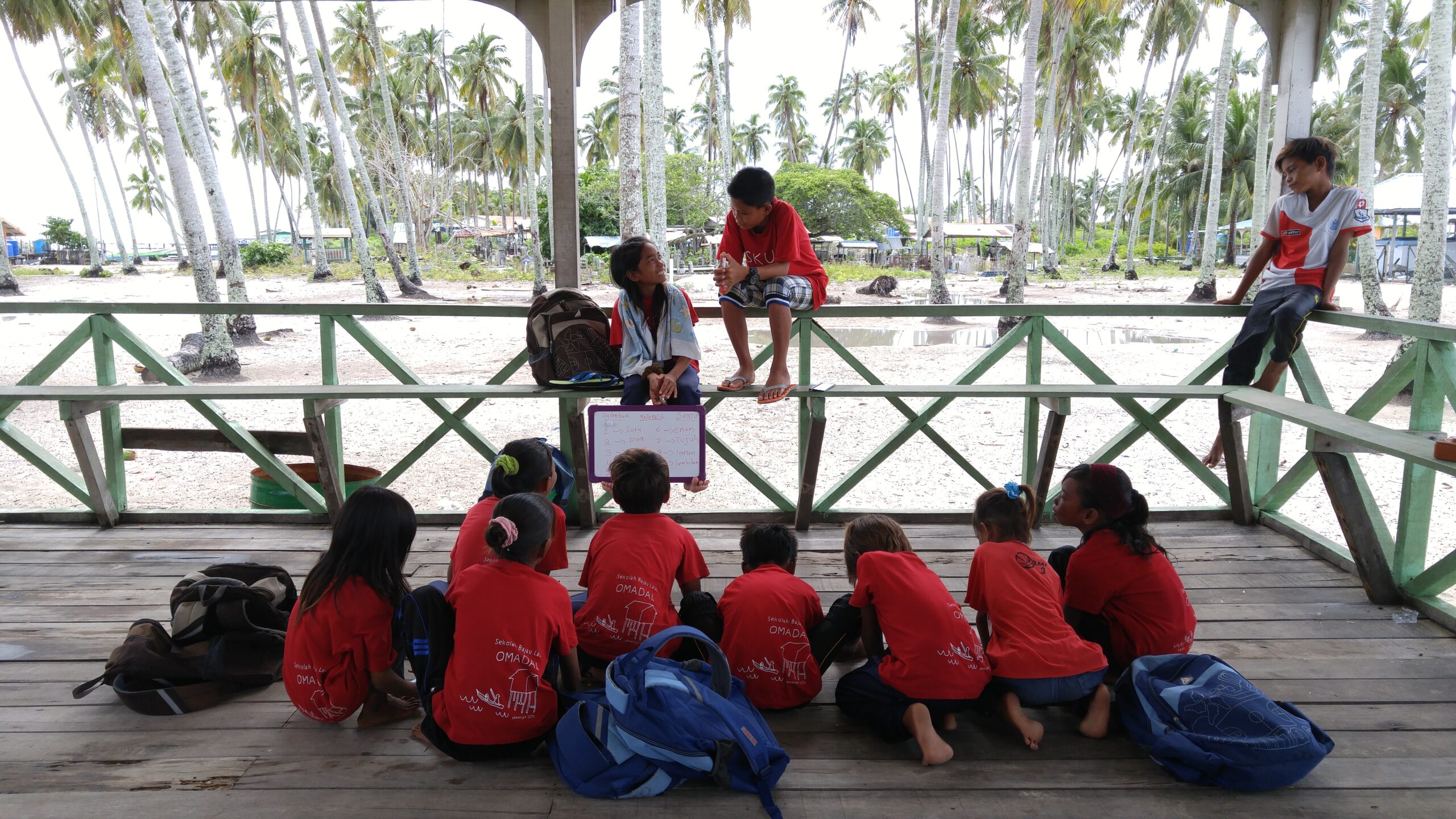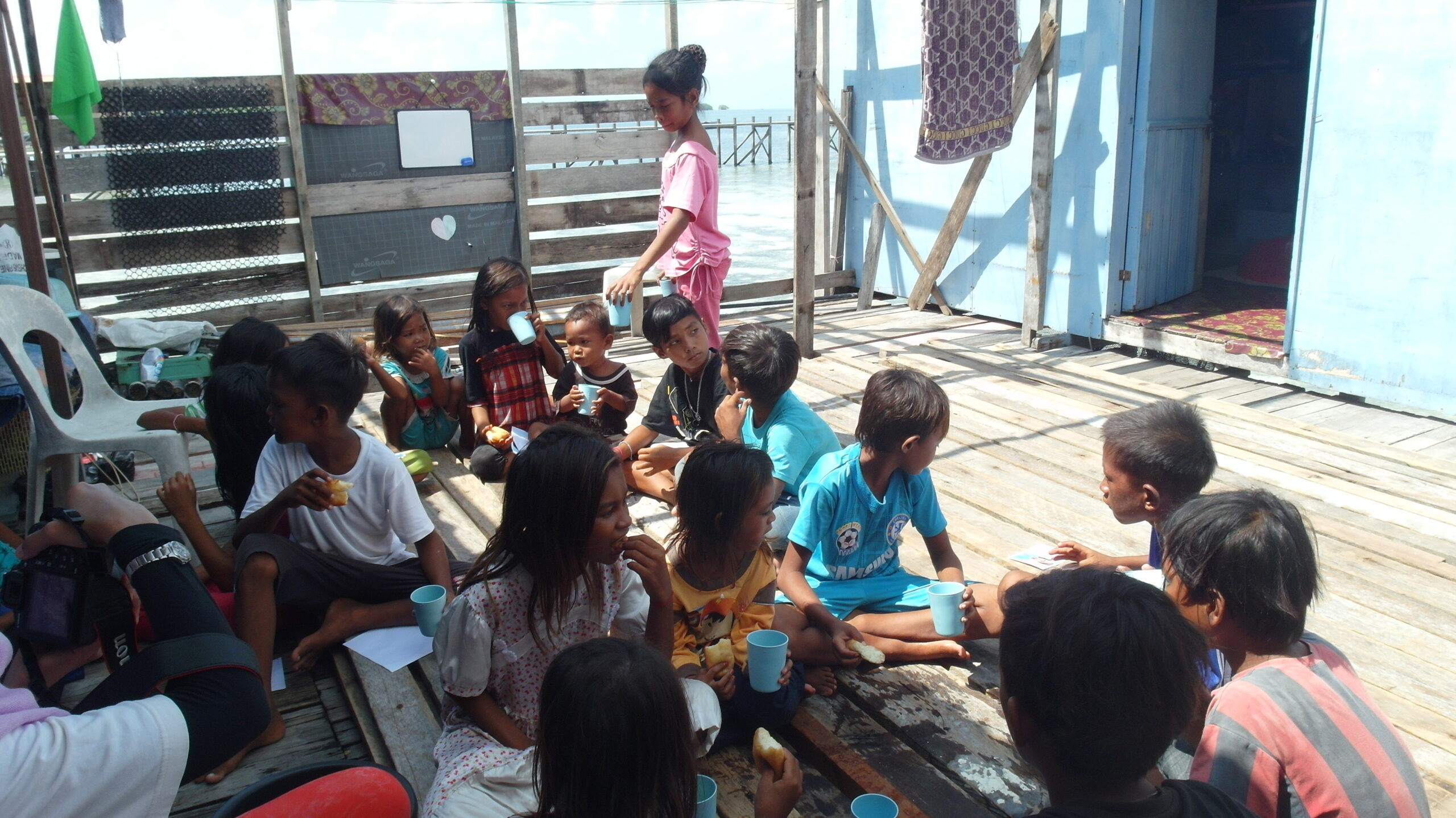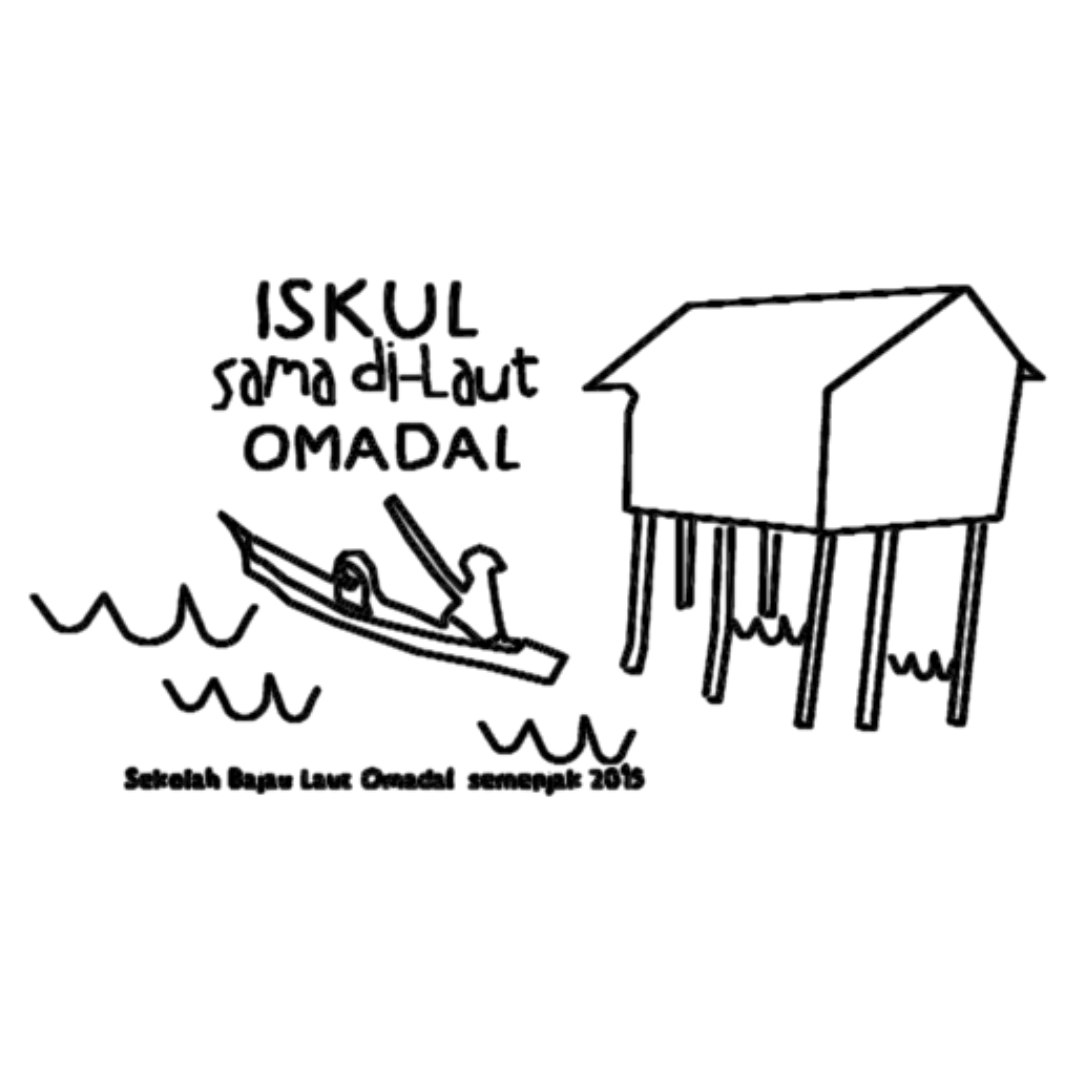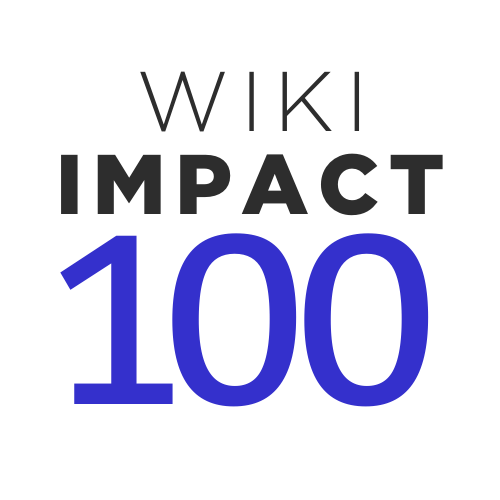About Us
Our Story
Our Community
Funders and Partners
Awards and Grants
Learn About Us, and our vision to build young leaders among Omadal’s youth

Reality for the Stateless
The majority of over 150 stateless households on Pulau Omadal suffer destitute living conditions. They lack basic amenities like food, clean water, electricity, sanitation, and medical access. Their children suffer from malnutrition, and many resort to begging tourists for food or money. None of the stateless children had the opportunity to study before Iskul because their stateless status excludes them from attending government run schools.


What Are We Doing About It?
Our core effort since being founded in 2015 has been to provide holistic education to the stateless children, starting with a foundation of basic literacy skills. This effort is a stepping stone towards our vision: to build young leaders among the stateless and local community. Our activities are geared towards improving the academic status and leadership potential of Iskul students, who are our main beneficiaries, as well as their families and the wider community that they interact with. We focus on supporting our students’ academic and youth development, including the provision of a healthy and safe environment for their development, to the best of our ability. In 2017, we registered with RoS as ‘Persatuan Pendidikan Bajau Laut.’ We submitted our application to the Ministry of Education to register as Pusat Bimbingan Alternatif Omadal in 2023.
Lessons
Students have daily lessons on Malay and Mathematics. Advanced students learn English through virtual tutors
Content Creation Team
Encouraging the youths on the Island to tell their own stories allows them to share with the world, and learn useful 21st century media skills
Community Healthcare
Besides our community-run Mini Clinic, we provide nutritious meals for our students, supplements for pregnant and nursing mothers, and run personal hygiene and health campaigns. We have also had mental health workshops for students and staff
Plans For Sustainability And
Our Future
Admittedly, building capacity takes time. Even more so with a community deprived of basic human rights and dignity. They are on an unequal footing with children with access to nationality, education and healthcare. However, their spirits are not.
It is absolutely worth investing in the first steps of basic literacy, improving their sense of worth, and providing alternative livelihoods.
However, even when well-equipped with skills and knowledge, they will still lack resources and network. Thus, we need to put in structure and networks in Iskul so these future leaders can continue to thrive. We need to and have already started to build partnerships with the local governments, ministries, corporations and civil society that will be accessible to these children in the future. For instance, we now work with the Semporna Health District to disseminate health information to Omadal residents, and will be collaborating with the District Office to find a long-term solution for the island’s waste disposal problem. Indeed, it would take the whole-of-society approach to systematically empower these children and lift them out of the intergenerational poverty cycle.
We build on the capacity of these children and youth to think critically and take ownership of their challenges. Subsequently, they can make decisions using the skills and knowledge learn with Iskul. They take on leadership roles not only in Iskul but also within their community.


